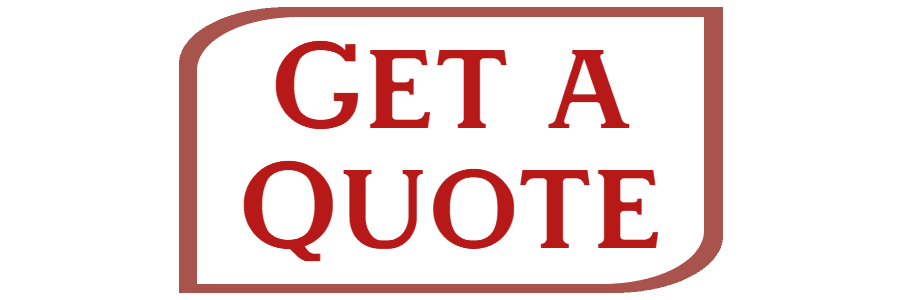Auto Insurance

Auto insurance is essential for protecting yourself and your vehicle from financial loss due to accidents, theft, and other incidents. At Best Formula Insurance, we are dedicated to providing comprehensive and affordable auto insurance solutions tailored to your needs. We are licensed to operate in Arizona, California, Nevada, Michigan, Illinois, Texas, and New Mexico.
State-Specific Regulations
Auto insurance is regulated on a state-by-state basis, meaning that each state has its own requirements and regulations. It’s important to understand these regulations to ensure you have the appropriate coverage for where you live and drive. Below, you’ll find links to detailed information about auto insurance requirements in each of the states we serve.
Understanding the Auto Insurance Claims Process
Filing a claim after an accident or damage to your vehicle can be a stressful experience. At Best Formula Insurance, we are committed to making the claims process as smooth and straightforward as possible. Understanding the basics of how claims work across all states can help you feel more prepared and confident in managing any incidents. Here’s a comprehensive guide to help you navigate the auto insurance claims process.
Steps to Filing an Auto Insurance Claim
-
-
- Ensure Safety First: Immediately after an accident, make sure everyone involved is safe. If there are any injuries, call emergency services right away.
- Report the Incident to the Police: Contact the police to report the accident and obtain an official report. This is crucial for documenting the incident and is often required when filing a claim.
- Gather Necessary Information: Collect all relevant information from the accident scene, including:
- Names and contact information of all parties involved.
- Insurance details of the other driver(s).
- Vehicle descriptions and license plate numbers.
- Names and contact information of any witnesses.
- Photographs of the accident scene, vehicle damage, and any injuries.
- Notify Your Insurance Company: Contact Best Formula Insurance as soon as possible to report the accident and initiate the claims process. Provide all the information you have gathered to help streamline the process.
- File the Claim: Officially file your claim with your insurance company. This can often be done online, over the phone, or through a mobile app. Ensure you provide all necessary documentation, including the police report number, photographs, and any other relevant details.
- Claims Investigation: Our claims team will investigate the accident, review the provided information, and assess the damage. This may involve contacting witnesses, reviewing police reports, and inspecting the vehicles involved.
- Damage Assessment and Repairs: We will work with you to assess the damage to your vehicle and arrange for repairs. You may be required to get estimates from approved repair shops. If your vehicle is deemed a total loss, we will provide compensation based on its market value.
- Claim Resolution: Once the investigation is complete, we will inform you of the claim’s outcome. If your claim is approved, we will cover the costs as outlined in your policy. You may need to pay a deductible, which is the amount you agreed to pay out-of-pocket when you purchased your policy.
-
Common Types of Claims
-
-
- Collision Claims: These claims involve damage to your vehicle resulting from a collision with another vehicle or object. Collision coverage helps pay for repairs or replacement.
- Comprehensive Claims: These claims cover damage to your vehicle from non-collision incidents, such as theft, vandalism, fire, or natural disasters. Comprehensive coverage helps pay for these repairs or replacement.
- Liability Claims: These claims involve damages or injuries you cause to others in an accident. Liability coverage helps pay for the other party’s medical expenses and property damage.
- Uninsured/Underinsured Motorist Claims: If you are involved in an accident with a driver who has no insurance or insufficient coverage, this type of claim helps cover your medical expenses and property damage.
- Personal Injury Protection (PIP) Claims: Also known as no-fault insurance, PIP covers medical expenses, lost wages, and other related costs for you and your passengers, regardless of who is at fault.
-
Tips for a Smooth Claims Process
-
-
- Document Everything: Keep detailed records of the accident, communications with other parties, and all interactions with your insurance company.
- Be Prompt: Report the incident and file your claim as soon as possible to avoid delays.
- Stay Informed: Understand your policy details, including coverage limits and deductibles, to know what to expect during the claims process.
- Ask Questions: Don’t hesitate to contact your insurance representative if you have any questions or need clarification about the claims process.
-
Filing an auto insurance claim doesn’t have to be overwhelming. By understanding the steps involved and knowing what to expect, you can navigate the process more confidently. At Best Formula Insurance, we are here to support you every step of the way, ensuring you receive the assistance and coverage you need to get back on the road. Contact us today to learn more about our auto insurance options and how we can help protect you.
At Best Formula Insurance, we are committed to helping you navigate the complexities of auto insurance and ensuring you have the right coverage for your needs. Click on the links above to learn more about the specific auto insurance requirements in your state. Contact us today to get a personalized quote and secure your peace of mind on the road.












